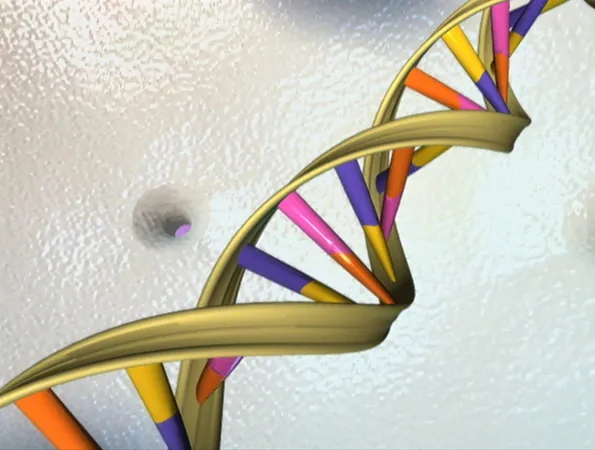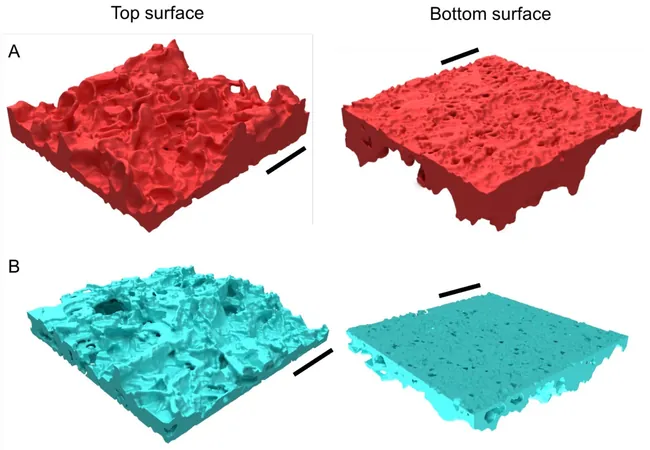
Unraveling PTSD: Real Struggles and Solutions for Those Affected
2025-07-28
Author: Noah
The Alarming Surge of Displacement Globally
In today's world, the poignant saying "you take a piece of home with you wherever you go" resonates deeply, especially at a time when over 120 million individuals are displaced across the globe, many in dire need of help. The heartbreaking reasons behind this mass displacement range from devastating wars and economic hardship to ethnic cleansing, each leaving an indelible mark on the mental well-being of those affected.
What is PTSD?
Post-Traumatic Stress Disorder (PTSD) is a serious mental health condition that can arise after exposure to traumatic events, including death threats or sexual violence, as outlined by the National Institute of Mental Health. Diagnosis requires a professional assessment of specific symptoms that persist for over a month, disrupting daily life. Symptoms can include intrusive memories, emotional numbness, and negative mood swings.
Staggering Statistics
The World Health Organization (WHO) reveals that approximately 9% of individuals who have experienced war may develop moderate to severe mental health disorders, escalating to 22% for those living in conflict zones. Furthermore, between 15% to 20% of displaced individuals are likely to face mental health challenges, including PTSD, with many experiencing milder symptoms.
Mental Health Needs in Canada
In Canada, it is estimated that 15 to 18% of incoming refugees require formal treatment for mental health issues associated with trauma, affecting up to 5,100 individuals annually. A recent Statistics Canada survey highlighted that nearly 65% of Canadians have faced some form of trauma but, thanks to resilience, many do not suffer long-term effects. However, those grappling with PTSD often experience debilitating symptoms that can hinder their ability to work.
Addressing the Challenge of PTSD
So, how can we combat PTSD effectively? In Canada, strategies often include evidence-based therapies like cognitive behavioural therapy and dialectical behaviour therapy, frequently accompanied by medication. Community organizations also provide self-management programs, including mindfulness and stress reduction workshops.
Breaking the Stigma
It's crucial to understand that PTSD is not a sign of personal weakness but a serious condition stemming from traumatic experiences. With the right support and interventions, individuals can find pathways to recovery, regaining joy in their lives. If you or someone you know is struggling, remember that help is available.









 Brasil (PT)
Brasil (PT)
 Canada (EN)
Canada (EN)
 Chile (ES)
Chile (ES)
 Česko (CS)
Česko (CS)
 대한민국 (KO)
대한민국 (KO)
 España (ES)
España (ES)
 France (FR)
France (FR)
 Hong Kong (EN)
Hong Kong (EN)
 Italia (IT)
Italia (IT)
 日本 (JA)
日本 (JA)
 Magyarország (HU)
Magyarország (HU)
 Norge (NO)
Norge (NO)
 Polska (PL)
Polska (PL)
 Schweiz (DE)
Schweiz (DE)
 Singapore (EN)
Singapore (EN)
 Sverige (SV)
Sverige (SV)
 Suomi (FI)
Suomi (FI)
 Türkiye (TR)
Türkiye (TR)
 الإمارات العربية المتحدة (AR)
الإمارات العربية المتحدة (AR)